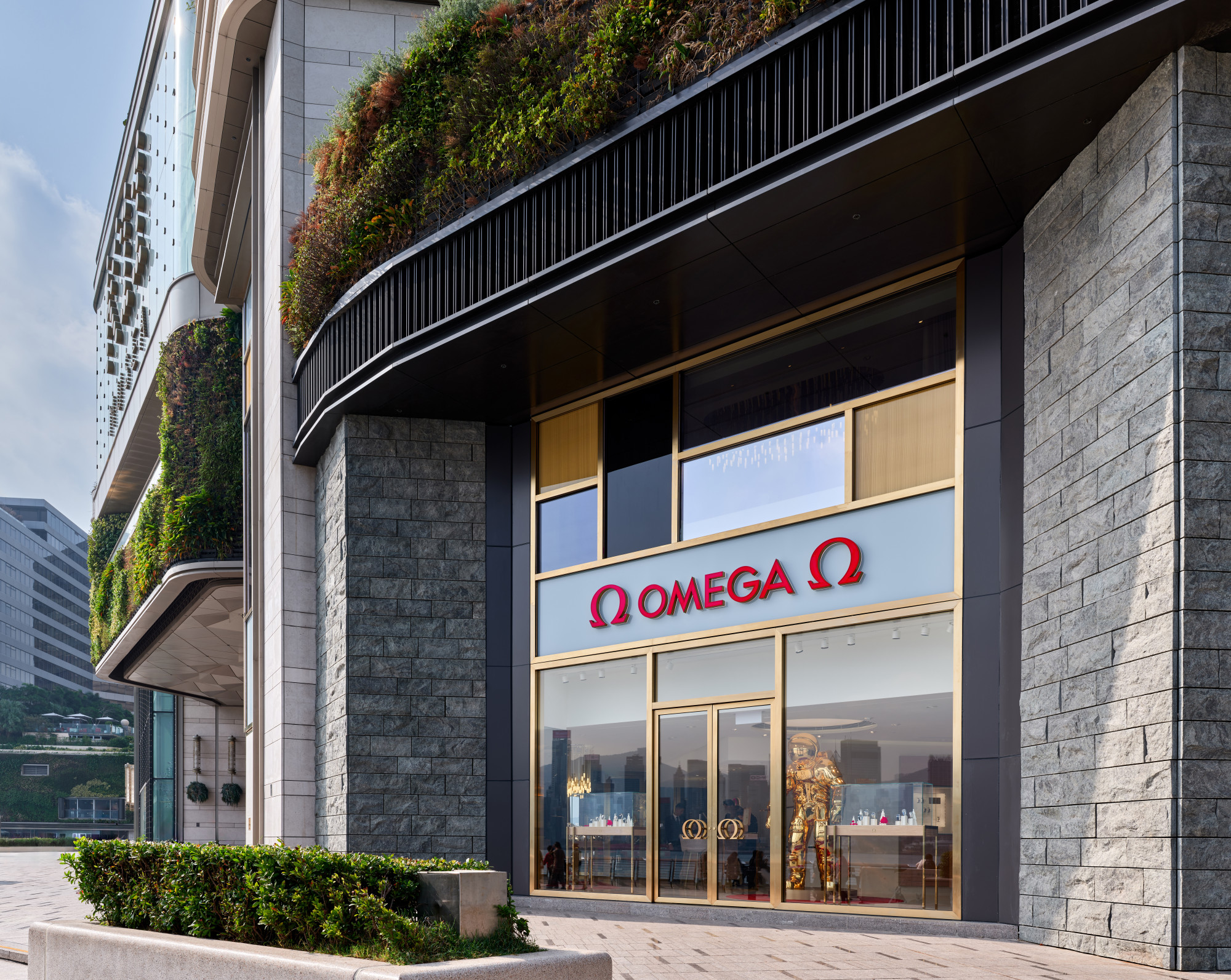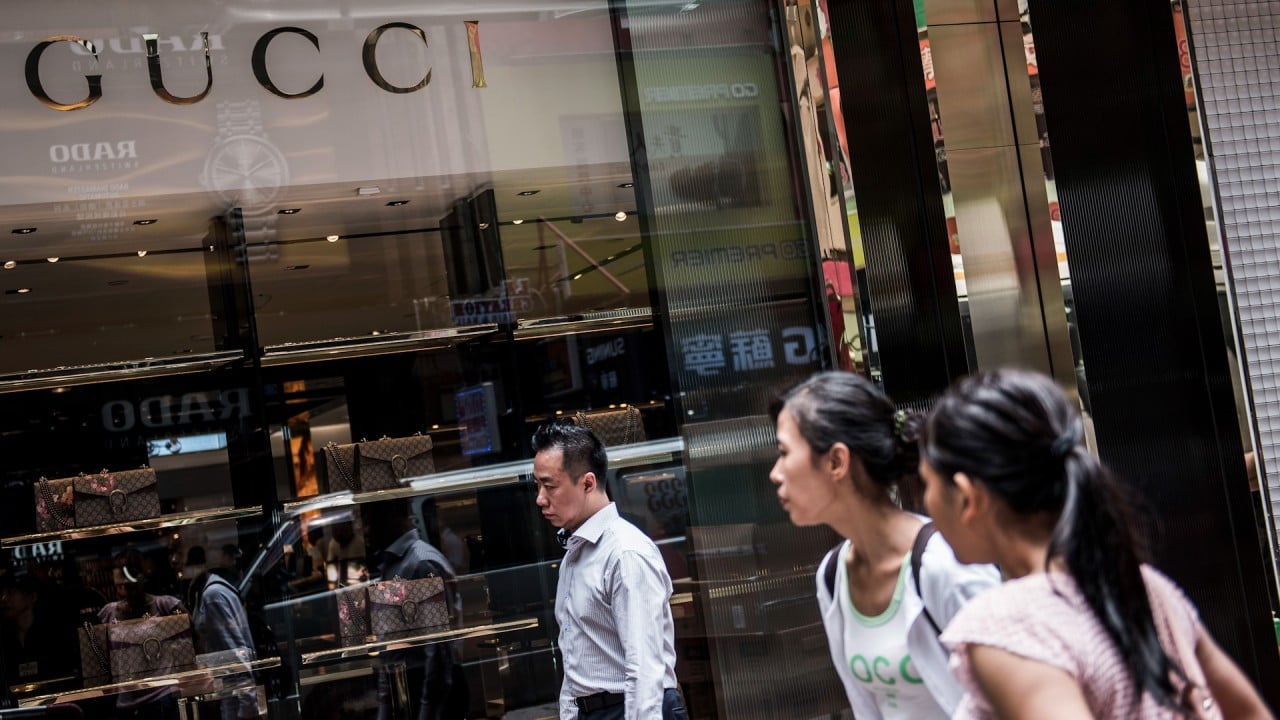
Hong Kong’s luxury retail gets a boost as Louis Vuitton returns to Times Square in Causeway Bay after 3-year gap
- The French fashion house has signed a five-year lease for 12,000 sq ft of space spread over two levels in the Wharf Reic-owned mall
- Top retailers opening outlets reflects confidence in Hong Kong that has not been seen in years, Knight Frank says
Louis Vuitton is returning to Times Square, three years after the French luxury brand shut its store in the Causeway Bay shopping centre, a sign of a brighter outlook for Hong Kong’s luxury retail market.
The company has reportedly signed a five-year lease for 12,000 square feet of space spread over two levels, 2,000 sq ft larger than its previous shop.
Louis Vuitton, and Times Square owner Wharf Reic did not reply to the Post’s request for comment.
“Hong Kong’s luxury retail market is … set to regain some lost ground as some high-end brands gradually find their way back into the city,” according to a report by Knight Frank on Monday.

Louis Vuitton’s new lease reflects confidence in the city “that has not been seen in years”, it added.
The brand, best known for its LV monogrammed bags, opened its previous Times Square outlet in December 2013.
In the first two months of the year, sales of jewellery, watches and other valuable items in Hong Kong rose by 8.8 per cent, while clothing and footwear saw an increase of 7.4 per cent from the same period in 2023, according to the latest official data. The broader retail market recorded a 1.4 per cent growth in sales in the same period.
“Both big spenders from the mainland and local consumers have displayed a strong interest in luxury goods post-Covid,” said Oliver Tong, head of retail at JLL in Hong Kong.
Retailers of high-end luxury watches, fashion brands and gold and jewellery sellers such as Emperor, Chow Tai Fook and 3D-Gold have been actively looking for leasing opportunities, Tong said.
With leasing rates in the core shopping districts of Central, Causeway Bay, Tsim Sha Tsui and Mong Kok reduced to levels last seen during the Sars (severe acute respiratory syndrome) epidemic 20 years ago, retailers are increasingly attracted, he said.
Meanwhile, one of the biggest names in the luxury accessories category is planning to launch a novel retail concept never seen before in Hong Kong, according to a source.
“In France and Italy, some luxury brands own entire buildings where they have lounges or something similar for their VIPs, but such a space is difficult to come by in Hong Kong,” the source added, requesting anonymity.
In recent months, European high-end brands such as watchmaker Omega and fashion houses Chanel and Fendi have snapped up retail space in key shopping districts.
In December, Omega simultaneously opened a 5,102 sq ft boutique spread over four levels in Central and a 5,565 sq ft, two-level outlet in K11 Musea in Tsim Sha Tsui.
Also last year, French fashion house Chanel committed to a portion of the retail podium at Capitol Centre in Causeway Bay, while Fendi opened a boutique store at Harbour City, another Wharf Reic mall, on Canton Road.
Hong Kong’s grocers feel chill as residents rush to Shenzhen for bargains
Hong Kong’s retail sector is not fully out of the woods, according to some market observers.
The luxury segment is still hobbled by a strong Hong Kong dollar, which makes buying high-end items for mainland Chinese visitors in the city relatively expensive compared with the pre-Covid period, according to Jack Tong, director for research and consultancy at Savills Hong Kong.
“Luxury brands need more evidence of a strong recovery in spending by mainland Chinese [shoppers] in Hong Kong to change their cautious outlook,” Tong said. “The upcoming golden week holiday and the National Day holiday in October will be a good indicator of a pickup in spending.”
There has been a 50 to 75 per cent decline in asking rents by landlords, according to Savills’ retail index, Tong said, adding that the days when mainland visitors came to shop for luxury items in Hong Kong “could be behind us”.


